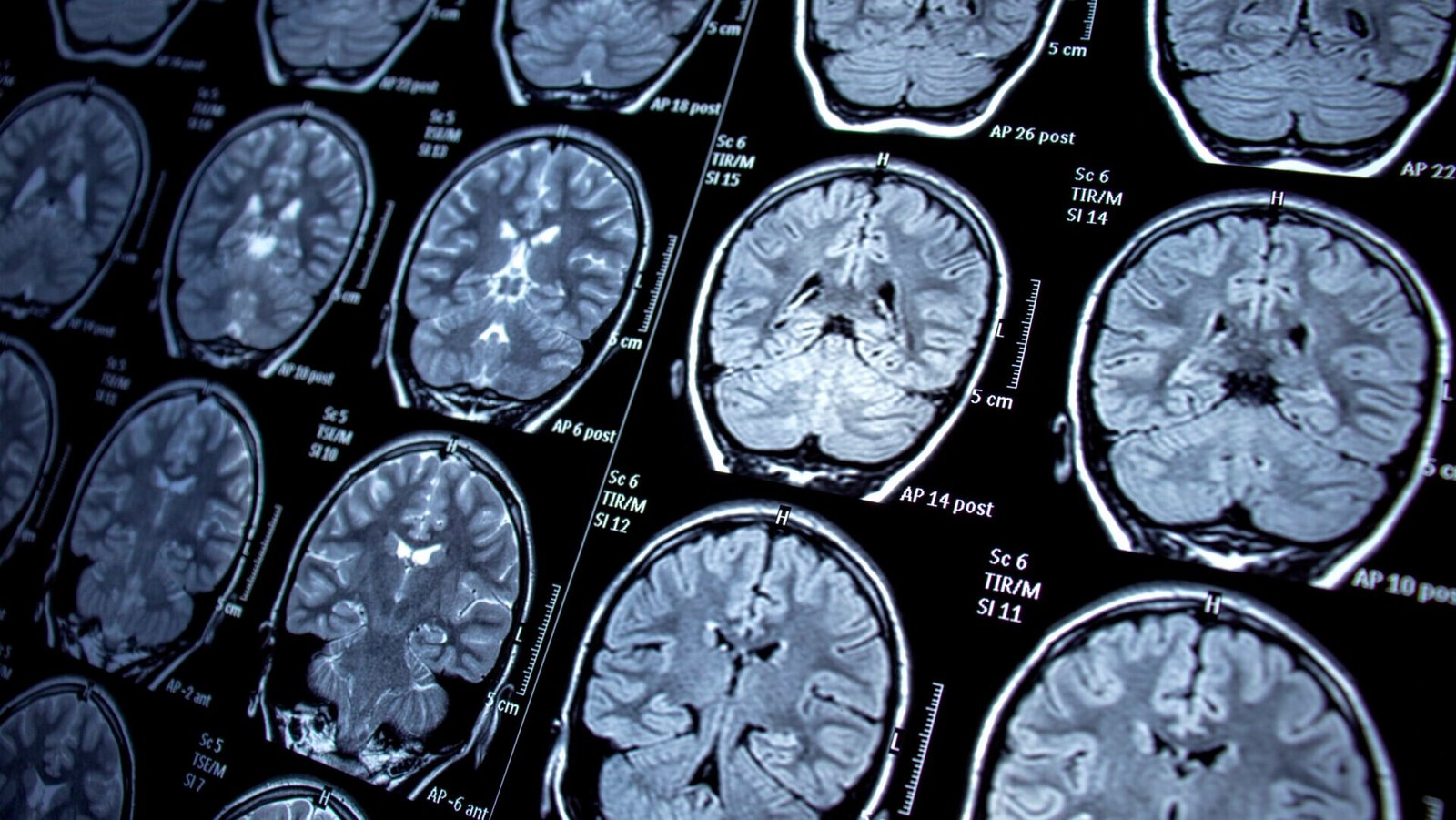Scientists at the University of California, San Francisco claim to have found a new autoimmune disease that blocks precious vitamin B12 from reaching the brain. The condition appears to explain previously unexplained neurological symptoms in some people, including tremors and difficulty speaking. There are still many unanswered questions surrounding the condition, including how often people actually get sick.
The team’s discovery was made through an ongoing project at UCSF aimed at solving a difficult medical mystery about the brain that may be linked to a previously unknown defect in the human immune system.
“The goal of this study is, can we use advanced diagnostic methods, some of which are research-based, to understand the mechanisms of these diseases and move the field forward,” project investigator John Pulvinage, a resident in the Department of Neurology at the USCF College of Medicine, told Gizmodo over the phone.
A medical mystery solved
The patient who began this extraordinary journey was a 67-year-old woman who first experienced neurological problems in 2014. Standard testing, including testing for autoantibodies that attack the body’s nervous system, didn’t provide a clear explanation for what was happening to her.
She was eventually diagnosed with and treated for lupus, an autoimmune disease, and slowly recovered over the next three years. But by 2021, she was losing her speech and began to show other signs of cognitive decline. A new battery of tests, including blood tests to measure vitamin B12 levels, failed to identify any known but reversible causes of dementia. Vitamin B12 is important for brain health in general, and a long-term deficiency can cause a variety of neurological problems.
The woman was part of a team study that used a less common testing method called phage display to look for autoantibodies that may be damaging to the brain. The USCF team used phages (viruses that kill bacteria) to display a vast number of proteins produced by the human body on their surface. The phages were then exposed to the patient’s cerebrospinal fluid. As expected, some antibodies bound to the phages displaying specific proteins, indicating a possible autoimmune response. Further research and sequencing revealed that the patient’s antibodies were attacking the CD320 protein.
CD320 helps cells in the body take up vitamin B12 and is particularly prevalent on cells around the blood-brain barrier (a membrane that selectively controls which substances can enter and pass through the brain). This led the team to suspect that the woman’s anti-CD320 antibodies might be secretly blocking the vitamin from reaching the brain through the bloodstream as it normally does. The team also found evidence that cells outside the brain can take up B12 in ways other than CD320, which could explain why the patient’s blood B12 levels were still normal.
“What we found was that while her levels of vitamin B12 in her blood were normal, her levels in her cerebrospinal fluid were nearly undetectable, and we did some in-vitro experiments that showed that antibodies in her blood and cerebrospinal fluid were actually blocking the ability of vitamin B12 to cross the barrier,” Plouvinage said.
The team then looked to see if these antibodies were present in other patients in the study with unexplained neurological problems, finding seven possible cases, as well as a fifth of a sample of patients diagnosed with neuropsychiatric lupus (lupus that affects the nervous system), and 6 percent of a small sample of healthy people without diagnosed neurological problems.
Remaining questions
According to the researchers’ findings: Published Last month’s journal Science Translational Medicineis just the beginning of their detective work, and there is still much to learn.
First, although these antibodies were present in some of the other puzzling neurological cases, not everyone who had them had a corresponding vitamin B12 deficiency in the brain, and by definition, healthy controls who had these antibodies also did not appear to have neurological problems as a result. “It may be that some people with anti-CD320 antibodies may seem fine now, but over time they will inevitably get just as sick as the original patient. But it may also be true that just having these antibodies alone is not enough to cause problems. One possibility is that these antibodies could cause problems in people who are already sick with something else. It’s a kind of secondary blow to the system.”
“One of the areas we want to explore is to look at this antibody in other neurological diseases to see if it modulates disease progression. And the second thing we want to do is explore the mystery of healthy control,” Pluvinage said. But even if their discovery can explain some cases of previously mysterious brain disease, he cautions that it won’t solve all cases. “It’s tempting to think that maybe everything is this cause, but maybe only a small proportion are actually related,” he noted.
The team’s work appears to have already worked for at least the first patient, who had previously been treated with immunosuppressants, and whose condition has stabilized and she is now able to play the piano again. After the team discovered these antibodies, the woman was given high doses of vitamin B12 supplements. She has since reported increased levels of vitamin B12 in her brain, improving her mood and cognitive function.

